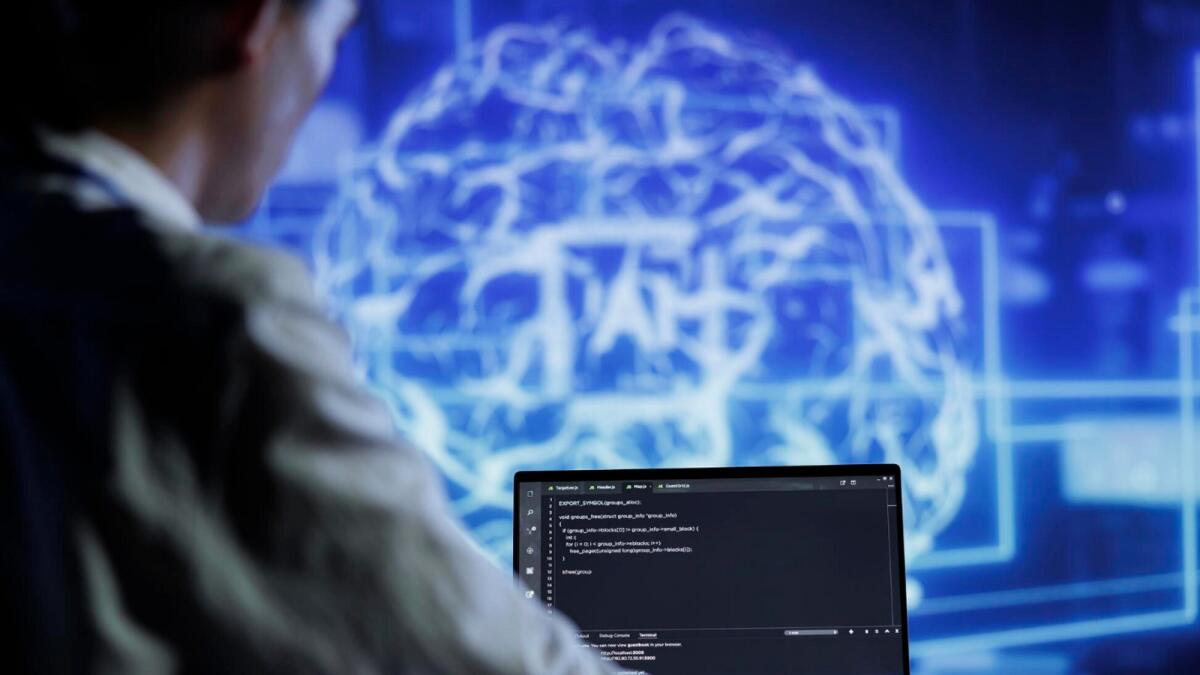In the digital age dominated by Gen-Z, the term ‘AI expert’ has become the new buzzword replacing the millennial ‘entrepreneur’. However, the title of AI expert is not as simple as it seems, as the field of artificial intelligence is constantly evolving and requires a solid foundation in mathematics, statistics, computer science, and programming to truly be an expert. The current AI boom has led to a surge in self-proclaimed ‘AI business experts’ and ‘AI moneymakers’, many of whom lack the necessary expertise and skills to back up their claims.
The oversaturation of individuals with minimal qualifications claiming to be AI experts has led to a lack of nuance and honesty in addressing the true complexities of artificial intelligence. While AI tools such as Chat-GPT and other language models can be useful for simple tasks, they often serve as crutches that hinder true innovation and problem-solving. These tools are increasingly being used to boost productivity without addressing the root causes of the issues they were designed to solve, perpetuating a scarcity mindset in various industries.
As an elder Gen-Z individual, the rapid proliferation of self-proclaimed AI experts using these tools inappropriately is viewed as distasteful. While tools like AI-based fact-checking models can offer potential benefits, the lack of proper understanding and expertise in coding techniques can lead to significant limitations and ultimately hinder progress. In an academic setting, the complexity of AI systems is often overlooked, leading to misconceptions about the capabilities and limitations of AI technology.
The misconception that AI is a cure-all solution for complex societal problems has contributed to the rise of individuals falsely claiming expertise in the field. In reality, AI should be viewed as a tool to supplement human capabilities rather than replace them entirely. The lack of transparency and expertise in the AI industry has created a breeding ground for opportunistic individuals seeking to capitalize on the hype surrounding artificial intelligence, further complicating the landscape for true experts in the field.
In conclusion, the prevalence of self-proclaimed AI experts without the requisite skills and knowledge underscores the importance of approaching artificial intelligence with caution and skepticism. While AI technology has the potential to revolutionize various industries, it is essential to distinguish between genuine experts with a deep understanding of the field and individuals seeking to exploit the buzz surrounding AI for personal gain. By fostering a culture of transparency, accountability, and continuous learning, the AI industry can evolve in a responsible and ethical manner, truly harnessing the power of artificial intelligence for the benefit of society as a whole.











